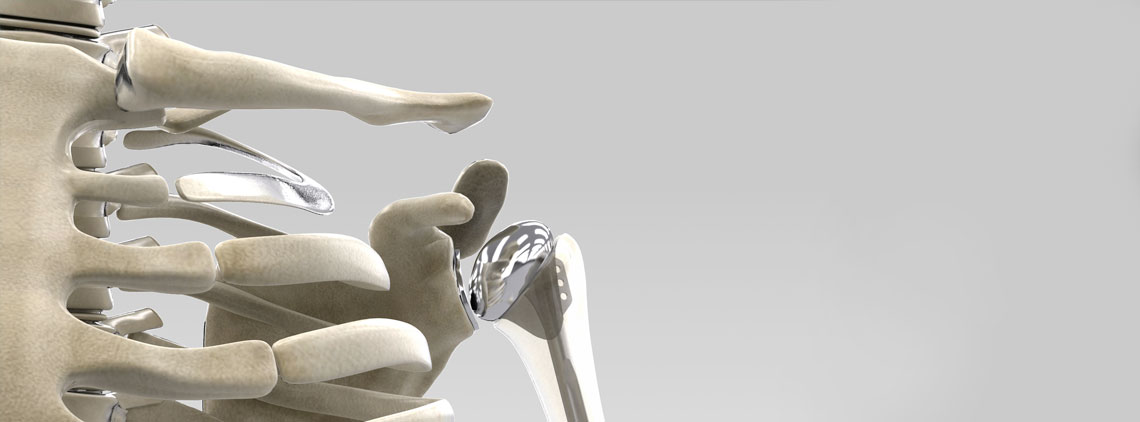
Shoulder Arthritis Surgery
Overview
How to Prepare for Surgery
To prepare for this surgery, get assistance for things like housework, cooking, laundry, or driving for several weeks. You may also want to prepare your home for instance you may want to put things you normally would reach for at counter height. These items might be items like pots and pans, clothes, or cleaning supplies. We may suggest that you get a shower chair or a removable shower head to help you in the shower.
One week away from your surgery date you need to stop taking all blood thinners. You may also want to place all loose button up or zippered shirts at counter height. You will want to avoid any shirts that require you to put them over your head. Finally, the night before your surgery, refrain from eating or drinking anything after midnight.Procedure
- Arthroscopy. Arthroscopy can treat some forms of arthritis. We will insert a small camera into the shoulder while the camera displays pictures on a television screen. We will use these pictures to guide small surgical instruments while treating the area. Due to the small instruments, the incisions are small. This surgery will allow us to clean out the inside of the joint. Unfortunately, this surgery can assist in pain relief, however, it won’t eliminate arthritis from your joint.
- Shoulder Joint Replacement (Arthroscopy). During this surgery, the damaged places of your shoulder will be replaced with a prosthesis. The three types of shoulder surgeries are the head of the humerus (hemiarthroplasty), the head of the humerus, and the glenoid (total shoulder arthroplasty), and a reverse total shoulder replacement. All of these shoulder surgeries are performed under general anesthetic. The arthroscopy and reverse total shoulder replacement procedures are outpatient surgery which means while this surgery takes place in an operation room you will be able to return home the same day. The total shoulder arthroplasty is an inpatient surgery meaning you will be admitted to the hospital and required to stay overnight for observation.
Recovery
Recovery time depends upon the type of surgery performed. Depending on your type of surgery, it typically takes four to six months to expect a full recovery.
Efficacy
The only treatment option to cure osteoarthritis is joint replacement surgery. Arthritis can’t develop in the new joint’s plastic and metal materials. Ultimately the total joint replacement also eliminates the root cause of pain and limited mobility by providing a new, fully functioning joint.
Complications
The arthroscopic surgery experiences less blood loss, less risk of infection and the scars are tiny as opposed to the open approach. Unlike the open approach, there’s no damage to the deltoid muscle which inevitably reduces the risk of damage to the deltoid muscle as well. There is a 90-95% success rate in the average person. There’s a risk with the post-operative infection to the open wound as well.
Outlook
A small percentage of patients will require a second, or revision surgery. Revision surgeries have a higher rate of risks and side effects. These types of surgeries are more common for patients under the age of 60 and for patients who have rotator cuff disease.

